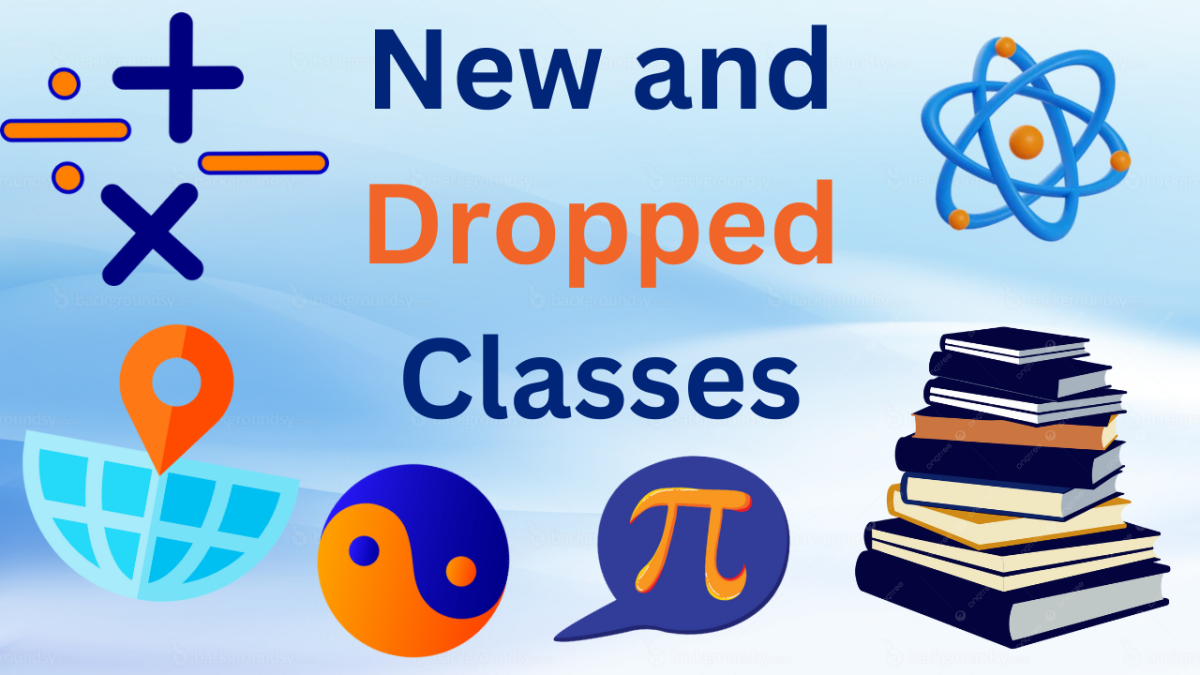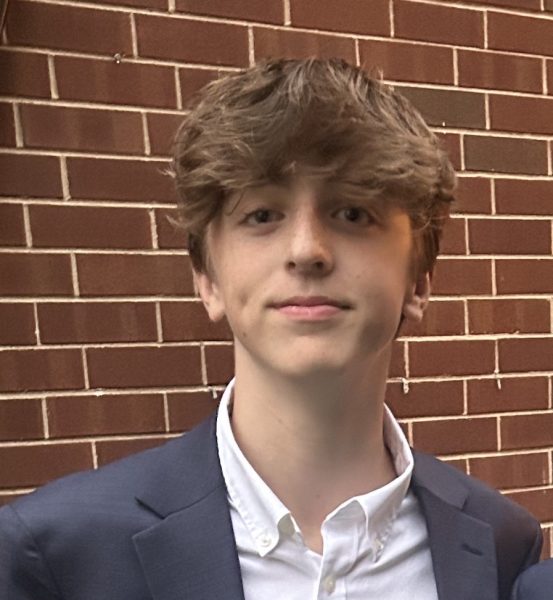Latin’s 2025-26 course offerings feature major shifts, from the return of Chicago Dance to the removal of Cosmology. With faculty decisions and student interest shaping these changes, next year’s curriculum reflects both fresh opportunities and notable losses.
Students taking Comparative & Global Politics will be able to analyze and discuss the recent election along with other current political events. (
Creative Commons )
Advanced Topics: Comparative & Global Politics
Comparative and Global Politics, a class that ran during the 2023-24 school year and was taught as a six-person ISP this spring, will return as a senior history elective taught by Upper School history teacher Debbie Linder. The course examines the real-world impact of political systems by connecting current events to broader global structures. Throughout the semester-long class, students are expected to engage with current events, analyze case studies, and develop their skills as global citizens.
Ms. Linder said, “A core aspect of this class surrounds the question: ‘What kind of government do you want?’ and students think about whether we should judge a government based on the country's GDP, the general happiness of the population, or the capability of the government to provide for all of the needs of a population.”
Given the ever-changing scene of global politics, Ms. Linder plans to weave current events into the class.
“One of the hard things and fun things about prepping for this class is constantly looking for brand new information to use,” Ms. Linder said. “I want students [to walk away] as better citizens of the world, who know what they are talking about in discussions surrounding politics.”
In Principles of Programming Language, students learned how to code in many different ways. (
Anderson Miller )
Principles of Programming Language
Principles of Programming Language, a computer science elective centered around a variety of programs, will not be running next year. The class is being replaced by an AP Computer Science Class that focuses on Java programming. According to computer science teacher and Department Chair Bobby Oommen, the AP class was highly requested.
“There was enough overlap between the content of the courses that it made sense to move forward with the replacement,” he said.
Principles of Programming Language was designed to explore multiple programming languages, such as Python, C, and Java, rather than dedicating an entire semester to one language.
Senior Geoffrey Smith-Donald, who took the semester-long course this past fall, commented on the unique programming opportunities offered by this elective. “My favorite part of the class was when we all got to design a game, because I hadn’t ever done anything like that before, and it was fun to learn,” he said.
Members of the Chicago Dance class put on a performance at the end of the semester. (Latin Theater Archives )
Chicago Dance
Chicago Dance, a performing arts course, will return after a year-long hiatus, with Upper School dance teacher Adriana Durant. Ms. Durant brings in different choreographers, whom she selects at the beginning of the school year, to teach the students unique dance styles.
Senior Mel Butler decided to take the class in her junior year.
“My favorite part of [Chicago Dance] was the guest choreographers because in dance it is so important to see different viewpoints and styles,” Mel said. “I appreciated how [Ms.] Durant exposed us to how other choreographers teach rather than just [having us learn] from the same teacher all year.”
While the choreographers were a key part of the course curriculum, Mel attributed her enjoyment of the class to Ms. Durant.
“Dance and the arts have always been safe spaces for me, and I think a big part of that is because the teachers care about the students and their growth, and I can tell that Ms. Durant has worked hard to foster a safe space where you can be whoever you want to be,” Mel said. “I would definitely recommend the class to anyone interested in dance, and I’m glad it’s returning.”
Senior Will Wichman reviews work from his philosophy class. (
Anderson Miller )
Advanced Topics: Intro to Philosophy: Social Contract Theory
Introduction to Philosophy, a 12th-grade history elective taught by Upper School English teacher Brandon Woods, debuted this year. However, despite its two full sections of students, philosophy will not be offered again next year. Mr. Woods will be teaching ninth-grade English instead.
During its time in the curriculum, the class was designed to give students a broad understanding of philosophy. The course follows a chronological structure, beginning with Greek philosophers and progressing to modern-day philosophy.
Senior Will Wichman, who took the course, said, “Even though Mr. Woods’ teaching requires complex thinking and understanding, he was so generous about guiding us through philosophy slowly and carefully, which helped me since I was somewhat new to the topic.”
Seniors in the Children’s Literature course will explore and analyze books written for younger audiences. (Ann McGlinn )
English 12: Children’s Literature
The English Department is offering a new senior elective next year titled Children’s Literature. Upper School English teacher Ann McGlinn, who is teaching the semester-long class, will dive into various genres of children’s literature, ranging from books geared towards kindergarten to second grade.
Ms. McGlinn hopes this class will continue to run in the future, as it not only explores a genre of literature that is not commonly studied among high schoolers but also combines traditional literary analysis with creativity.
“I want the seniors to both keep their analytical skills sharp and also have fun with a more creative part of literature,” she said.
In addition to blending analytical and creative elements, the class offers a hands-on storytelling experience. One key project will have students present their work to a second-grade class, who will serve as the students’ critics.
In Stellar Astronomy, students learn about observing objects in space, including the Orion Nebula (pictured). (Owen Woodhouse )
Cosmology & Stellar Astronomy
Science electives Cosmology and Stellar Astronomy will not be running next year due to the retirement of Upper School science teacher Steven Coberly, who currently teaches both classes. While both semester-long classes are often taken by students in one year, they cover vastly different material.
While Stellar Astronomy focuses on the analysis of stars, Cosmology takes a broader approach, exploring topics like the origin of the universe through theoretical concepts and incorporating scientific inquiry.
Junior Owen Woodhouse was one student who took both classes this year. “I wasn’t necessarily surprised when I heard the class[es] weren’t running since Mr. Coberly can teach them so effectively,” Owen said. “However, I was a little bit disappointed because I really enjoyed [Stellar Astronomy], and I feel like a lot of other younger students would’ve liked to take the class.”
He emphasized how the class challenged him intellectually in a way that many other science classes had not.
"Even though it’s a niche topic that isn’t covered in high school a lot, I liked being able to learn about astrophysics through critical thinking and problem-solving,” he said.
Upper schoolers will have two more chances to switch their classes during the add-drop periods before and after summer break. Whether students are interested in exploring global politics, diving into children’s literature, or strutting into a dance class, the curriculum continues to evolve to the interests of Latin students and faculty.

















































